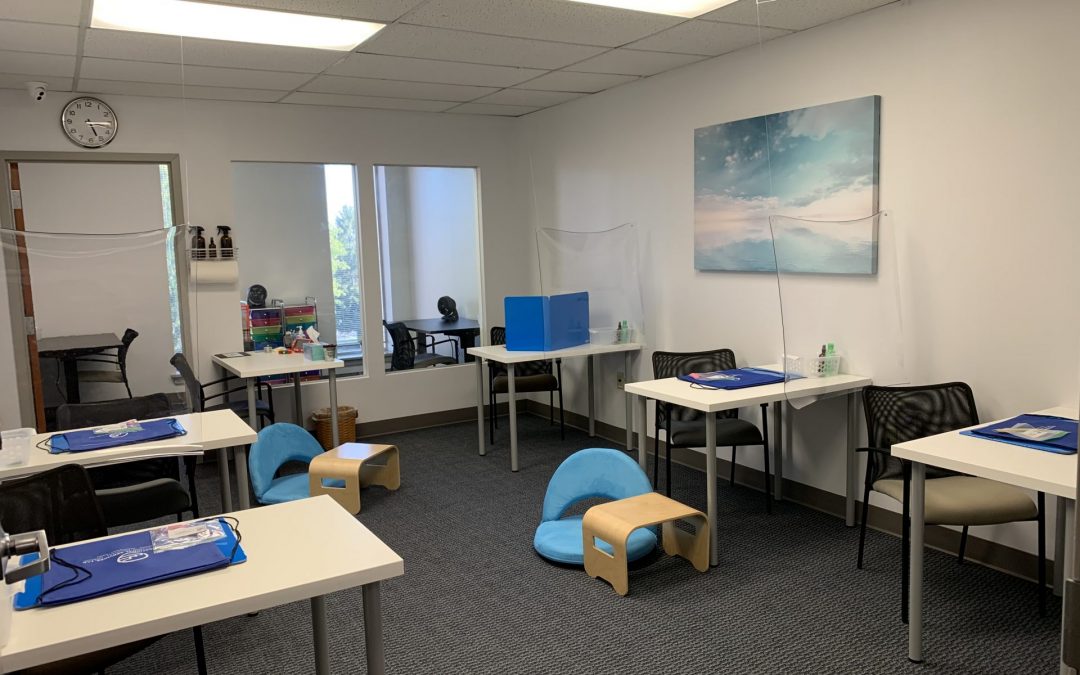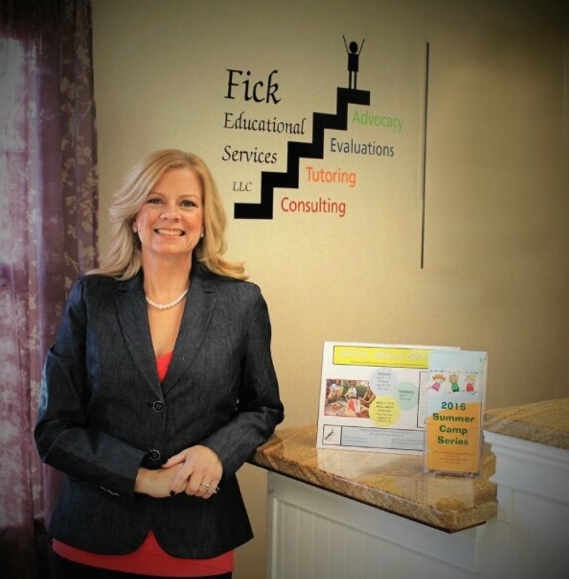This is the final post in a three-part series on what to do before, during, and after an IEP meeting. This covers the what to do after an IEP meeting. We will soon share a summary of all tips for IEP meetings.
The IEP prep and meeting have come and gone. The bulk of stressors have subsided. The school year is in full swing. Still, you should not forget about the IEP! The time after an IEP meeting is pivotal to making sure that the goals listed in the plan are executed.
We’ve said it many times, but an IEP meeting really is just a first step in, hopefully, a year of meaningful progress for your child. Here are four memorable tips to making sure that progress occurs and you are set up for success!
F – Follow Up
First, if you had a generally positive experience during the IEP meeting, follow up and thank the IEP team. A lot of work goes into planning a good IEP, and showing gratitude can hopefully set up a cycle of feedback that makes communication easier. Building rapport between parents and educators is one of the biggest boons to your child’s education. It makes sharing successes and concerns infinitely easier.
In this vein, follow up with any existing concerns. It’s natural to have concerns, especially after going home and having time to let the IEP ‘settle’. Concerns you have can be granular or general regarding your child’s education. Never be afraid to share these things!
Following up, of course, goes both ways. If you haven’t heard from teacher’s in a while, it’s okay to ask them for follow up on how an IEP is going. We’ll talk more about this later in this article, but never been afraid to set a schedule for follow ups.
I – Implement and Monitor the IEP
Following up does naturally lead to implementing and monitoring the IEP. If an IEP is designed well, the academic and behavioral goals should have clear criteria for measuring progress. It’s important to work with your child’s teachers to ensure that progress is continuously being made in achieving the year’s goals. If you are unclear as to how progress monitoring is occurring, ask. Teachers should be able to provide that information when needed, and there is no harm in keeping up to date.
We also get asked how often you should check in on IEP progress. While every child’s situation is unique, we tend to recommend monthly progress monitoring for the IEP. Not only does this mean a conversation about anecdotal experiences in and out of the classroom, but also includes specific milestones outlined in the IEP. After all, if the IEP says it needs to be tracked, monitored, and improved, you’d better be keeping up with it!
If there are any signs that progress is not occurring as it should be, don’t be afraid to delve into why that may be happening with the school team. An intervention a month into the school year is easier than an intervention in January.
C – Celebrate Successes
Monitoring implementation and progress will hopefully bring many successes to your attention. Celebrate your child’s successes frequently and explicitly; let them know that their hard work has led to achieving in ways they did not necessarily know were possible! Here at Fick Education, we believe that you cannot achieve long term success without building confidence. It’s easy for a student to feel as though an IEP makes them somehow less likely to succeed in school compared to their peers, but that is not the case. It should be the goal of parents and teachers to make students feel truly able to succeed, and we need to recognize when it occurs!
On the flip side, recognize with the IEP team when you see academic success emerge from an IEP plan. Individualizing a student’s education can take effort on behalf of parents and teachers, so you should feel pride in the successes you see. It’s easy to focus on where progress is slower than anticipated, but by celebrating positives, we become a stronger team.
K – Know Your Options
We recognize that the F-I-C here paint a rosy picture. You will not always be able to focus on successes, progress may not be made or tracked in a way that is working, and you may have concerns not adequately addressed in any follow up. That is okay. Now is the time to know your options when the plan is not going as intended. If there is a disagreement among the parents and school’s IEP team, don’t be afraid to do any of the following.
First, bring in an advocate, even if they were not involved in the IEP planning and meeting itself. Fick Education does provide advocacy services, so we naturally believe the value of advocate is huge. They can help provide new perspective to disagreements, ensure that best practices and legal obligations are followed, and can help expedite processes to get your child the support they need. Picture calling in an advocate like having a professional NBA player join your team during a game of pickup basketball. You are getting someone seasoned who has seen (almost) everything.
It’s key to resolve conflicts at the lowest level and make sure any issues do not fester. While an advocate can help, we always encourage parents to make sure conflicts do not get pushed to the backburner in any circumstances. If they grow worse, it will have profoundly negative impacts on your child’s education.
Another great option if there are issues in achieving the goals of the IEP is to amend the IEP! So many parents, and even teachers, do not realize this can be done upon request. Though an IEP is required to be reupped at least annually, there is no reason it cannot be done more frequently. In some cases, the progress outlined in an IEP can’t occur; during the COVID pandemic, for example, we may need to seriously adjust behavioral goals for students learning primarily online. In other cases, strategies in the classroom may be failing and small adjustments are insufficient. In those cases you may need to tear down and rebuild the IEP. This does not mean that teachers, parents, or the student have failed. It just means that no one was able to see into the future while forming the plan!
Finally, build a plan for the next IEP. You may not need to fully amend an IEP during the school year, but you should always be looking ahead to the next IEP. If you are having a year full of successes, start speaking with the school team about what the goals and plan for next year will be. Take full advantage of any positive academic and behavioral momentum that you can!
Remembering FICK is key! Now that you’ve Followed up, Implemented and monitored the IEP in action, Celebrated successes, and Know your options, you should feel prepared to have the most successful year with your child and their IEP. We can’t state it enough, but never hesitate in calling in assistance when things are not going as planned. Getting an advocate or amending an IEP should never be off the table.
If you have questions about your specific IEP situation or are looking for an advocate, call or email us anytime: fickeducation@gmail.com or (610)457-2199.

 Fick Educational Services is devoted to the educational needs of the children through individualized learning plans, tutoring and advocacy.
Fick Educational Services is devoted to the educational needs of the children through individualized learning plans, tutoring and advocacy.

